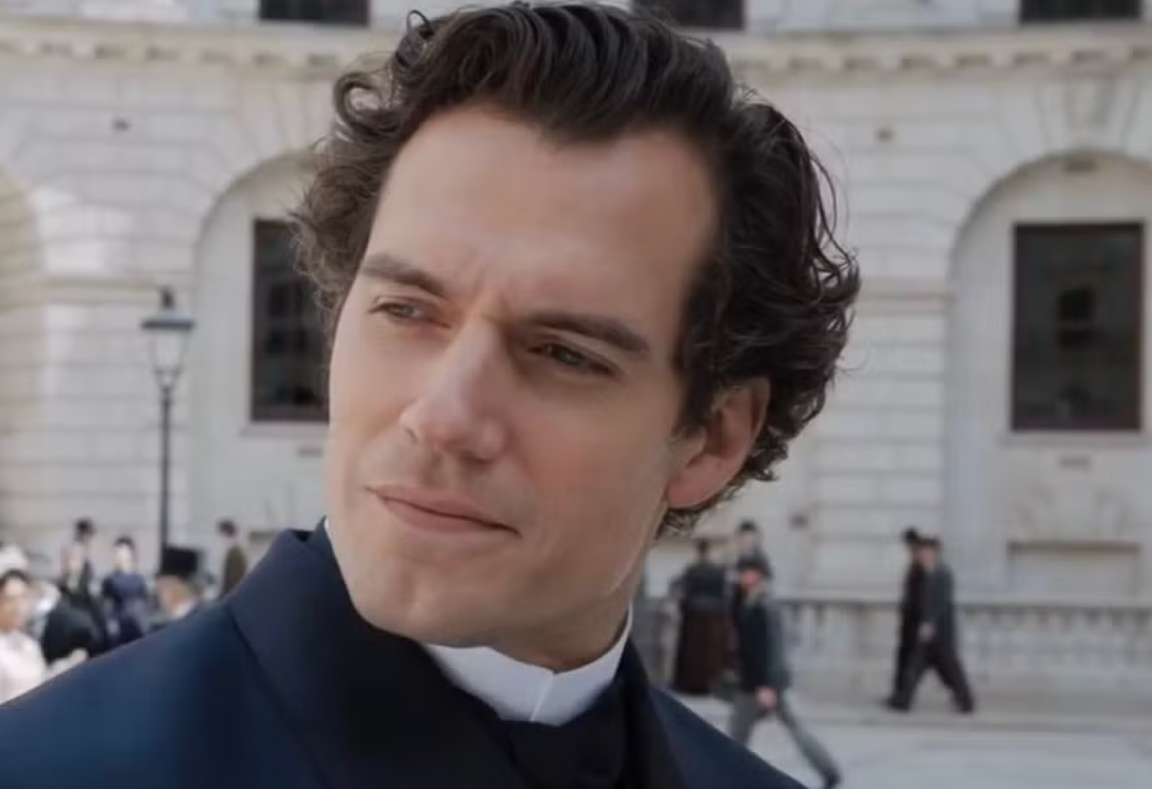Maestro (2023): MAMI Festival Review- Bradley Cooper is Amazing as an Iconic American Composer

via Imago
[https://image-cdn.netflixjunkie.com/wp-content/uploads/Maestro_20221020_23291r-300x200.jpg]https://image-cdn.netflixjunkie.com/wp-content/uploads/Maestro_20221020_23291r.jpg
There is a moment in Maestro where Bradley Cooper’s character, Leonard Bernstein, talks about music. He says music is his occupation as he is either teaching, composing, or studying it. The man who scored Elia Kazan’s Oscar Winning film On The Waterfront and provided music to Broadway’s West Side Story makes for a compelling subject. In a few spots in the film, Leonard Bernstein loses himself in the music, the moment, he owns it, and never lets it go. Bradley Cooper, who does triple duty, personifies the composer with aplomb, and hits a home run with this 129-minute film.
In his retelling of renowned composer Leonard Bernstein’s life, writer/director Bradley Cooper ably balances a story that shines a light on the maestro and also focuses on who he was without the baton in hand. There is (should be) quite a bit of a difference, but for Leonard Bernstein, the lines may have been blurred. Especially with his quote from the film- “I love people so much that it’s hard for me to be alone. And music, it keeps me glued to life.” Music also saw family, relations, and everything else cast aside.
Bradley Cooper’s creative choice saw Maestro not have any numbers from West Side Story. The composer’s work from On The Waterfront was also absent. An exploration of the feat is named in passing, but there can be two reasons for the aforementioned absences. 1. Bradley Cooper did not want lyrics or visuals of the Broadway play, Robert Wise and Jerome Robbins’ 1961 directorial or Spielberg’s 2021 film to distract the audience. 2. He envisioned Maestro as purely about Leonard Bernstein’s marriage to Felicia Montealegre.
ADVERTISEMENT
Article continues below this ad
Maestro begins with Bradley Cooper sitting at a piano as a camera and boom mic record his performance. He then wistfully speaks about his late wife. A few frames later, Matthew Libatique’s lens takes audiences on a journey where the bright hues give way to a monochrome in the post-WWII 1940s.
This commences right from the time Leonard Bernstein made his conducting bow and tied the knot with the Broadway star. All was not a bed of roses, even though the film skirts around what would be considered a juicy scandal. Nevertheless, audiences get enough content around the music, the root of Felicia’s frustrations, and Bernstein’s confusion and devotion when not busy with his occupation.
Bradley Cooper and Carey Mulligan astound in Maestro
Considering Maestro was a take on Bernstein’s marriage, there is a requirement for Carey Mulligan’s character of Felicia Montealegre to be a major force. The Academy Award nominee held her own in more than one spot in the film. This dispelled casting criticism prior to the movie’s film festival rounds. Right from an impassioned exchange to looks of disappointment, and the fragility in the third act, the British actress threatened to overshadow Bradley Cooper’s role.
It can be seen as similar to a small spot in the film that served as a representation of Bernstein’s star rising, with Felicia remaining prominent but in the shadows. Carey Mulligan’s character stands at the side and Cooper’s character conducts. The maestro is rather huge on the screen with his black suit appearing rather prominent. In contrast, Felicia appeared all in white; shining brightly despite being ‘Somewhere’ in her husband’s shadow. She may have had the same sentiment Tony and Maria did in West Side Story’s Somewhere.
Claims that Bradley Cooper was just covered in prosthetics get washed away with his spellbinding scene before an orchestra. Acting, Michelle Tesoro’s editing, direction, and cinematography all come together to mesmerize audiences as Bernstein oozes passion with a baton in hand. Just for a moment, I forgot I was not actually at the venue where Bernstein was conducting.
The Academy Award nominee is absolutely in his element as his body sways, moves gently, and aggressively moves his arms. Cooper’s performance in these minutes can be labeled as poetry in motion. He wears an expression of pure ecstasy and delight as the musical notes emanate. Libatique’s camera even manages to capture the perspiration on the lead’s face.
It takes one scene to really propel a name into the Oscar race. Bradley Cooper has catapulted near the front of the queue primarily for this one. He is amazing in his turn as an iconic American composer in Maestro.
Infusion of music reminiscent of the Golden Age of Hollywood is quite a novel touch. The choreography on reel sets serves as a key to the light-hearted nature that is expected. As Bernstein’s voice changes with time, the film grows serious in nature. Both leads’ evolution downplays any potential talk of casting a different actor to essay a role in a different time period.
What’s not good about Maestro?
Maestro falters when one takes away the music, as the exploration of the marriage is not meaty enough. As this is a take on Leonard Bernstein and Felicia Montealegre, could the director have stripped away the music entirely? No. As the music was Leonard Bernstein’s glue.
The leads’ marriage and the music need each other to thrive, but does the audience really care about the former? In the end, yes. But there is no heavy emotional investment at the start. Things are happening on screen with the makeup, music, Academy Award winner Mark Bridges’ costumes, and monochrome catching your eye. Was this the aim? To keep audiences distant from Leonard and Felicia as their story plays out. A reason for the indifference could be Bernstein’s perceived indifference or cluelessness to anything not music.
ADVERTISEMENT
Article continues below this ad
For those interested in learning about the art of conducting, there is nothing. These sets of individuals may just say that Bradley Cooper was throwing his head and arms in all directions akin to a dance. Audiences keen on witnessing Bernstein compose for West Side Story will remain disappointed. Perhaps this is food for thought for filmmakers seeking to shed light on Bernstein, the musician.
As Maestro is technically sound, it may be a while before a studio ventures into a narration of this iconic American composer’s life. While it is natural to imagine what could have been/can be, what we have is Bradley Cooper’s version of the film.
For this production’s direction, costumes, and acting, do watch it.
ADVERTISEMENT
Article continues below this ad
Maestro will stream on Netflix from December 20. (PST 12:00 am)
ADVERTISEMENT
More from Netflix Junkie on Hollywood News
ADVERTISEMENT









